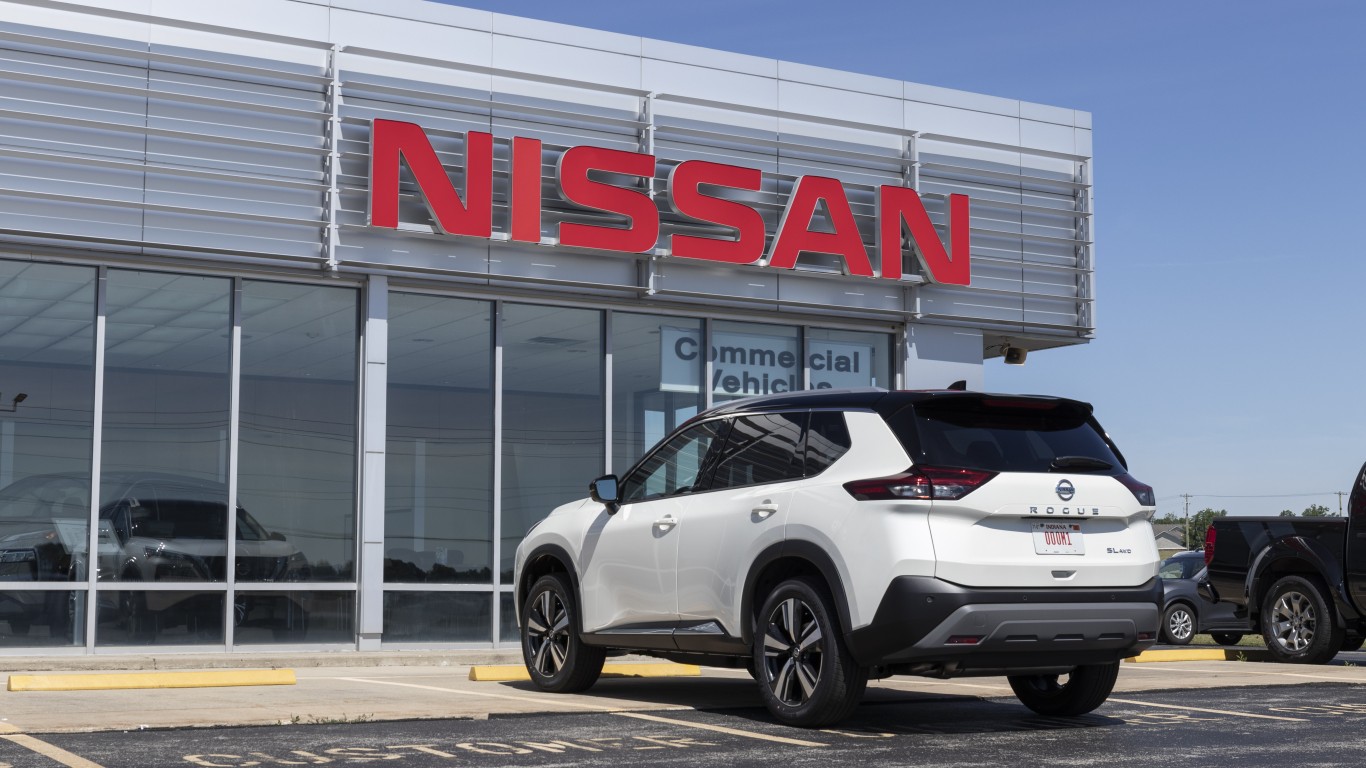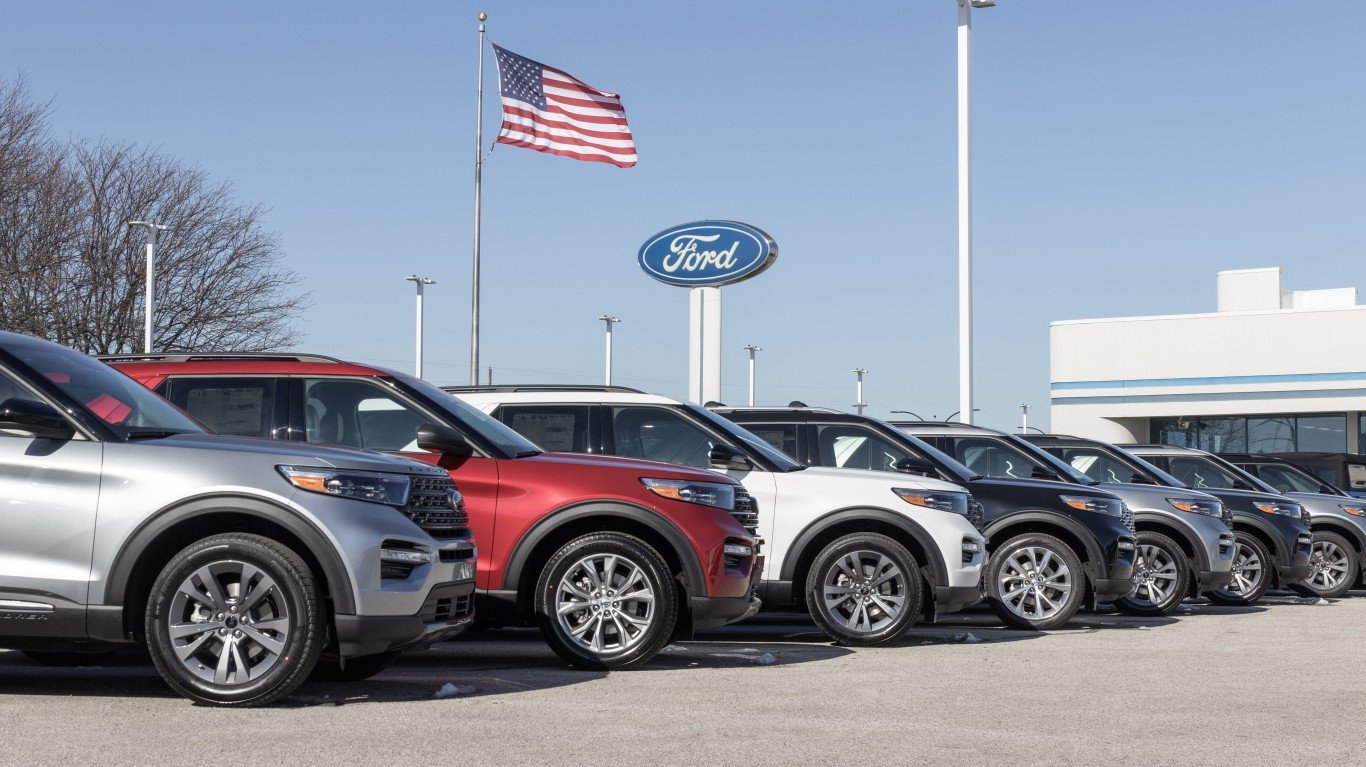

While cruising through the websites of major car manufacturers, it is nearly impossible to find a car, light truck or pickup that costs under $20,000 new. The average price of a new car in the United States has topped $40,000 for the first time.
[in-text-ad]
The $20,000 new car disappeared for several reasons. One is a supply chain issue that has bedeviled car companies. They cannot get parts, which means they cannot build cars. That means they can charge more for the few cars they have. Some dealers already have started to sell vehicles for over what the manufacturer suggests. This has created tension between car companies and their dealers.
The overall economy has helped raise car prices. Full employment creates more customers. More customers create more demand. This demand has fallen off some because inflation has affected purchasing power, but it has not jumped enough to take many people out of the car purchase cycle.
Even car companies known for reasonably priced vehicles at the bottom of their model lineups no longer have them. The Honda Civic Sedan has a base price of $22,550. At the lowest end of Toyota’s lineup, the Corolla is priced at $20,425. The Chevy Malibu has a base price of $23,400. (Chevy does make and sell the Spark for $13,000. However, it is little more than a toy.)
Hyundai has a model people can buy for under $20,000. Its Venue has a base price of $19,000. With any accessories, that rises above $20,000 quickly. The Venue has such a low price in part because it barely has a tiny engine as it puts out only 121 horsepower. It is probably not a good car if it is involved in a major accident.
The sunset of the $20,000 car means the cost to drive in America can no longer be cheap.
Essential Tips for Investing: Sponsored
A financial advisor can help you understand the advantages and disadvantages of investment properties. Finding a qualified financial advisor doesn’t have to be hard. SmartAsset’s free tool matches you with up to three financial advisors who serve your area, and you can interview your advisor matches at no cost to decide which one is right for you. If you’re ready to find an advisor who can help you achieve your financial goals, get started now.
Investing in real estate can diversify your portfolio. But expanding your horizons may add additional costs. If you’re an investor looking to minimize expenses, consider checking out online brokerages. They often offer low investment fees, helping you maximize your profit.
Thank you for reading! Have some feedback for us?
Contact the 24/7 Wall St. editorial team.



